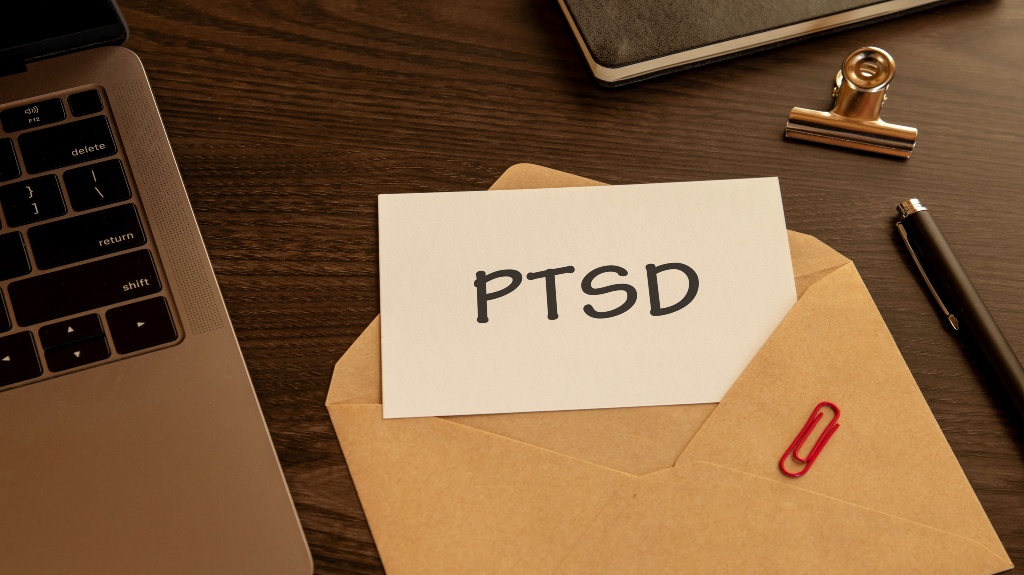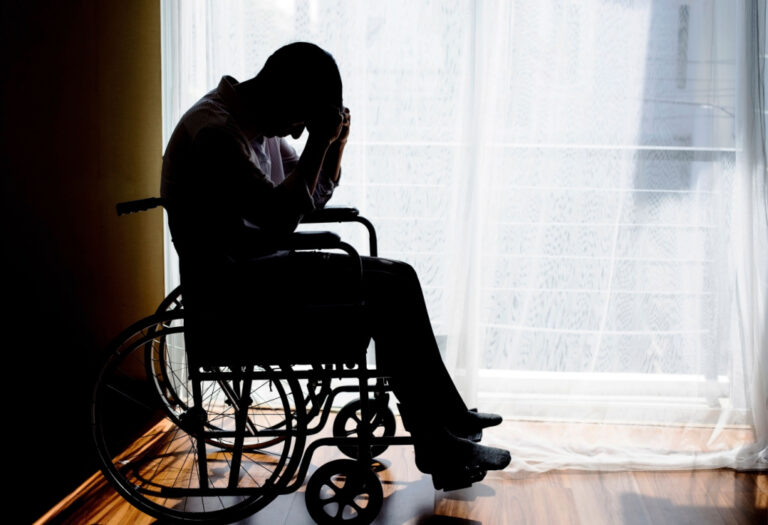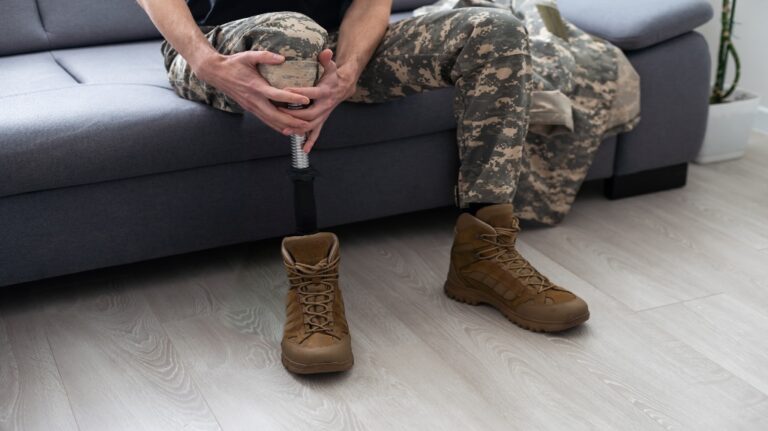
Many veterans suffer from PTSD from the trauma they experienced while serving. Being one of the most common mental illnesses veterans suffer from, veterans with PTSD have a greater chance of being approved for receiving VA benefits. However, it is not uncommon for a PTSD claim to be denied. If your PTSD claim gets rejected, it’s important for you to know that you have the option of filing an appeal. The VA appeals process can be complex, but navigating it effectively can significantly improve your chances of receiving benefits. In this blog, we will guide you through the appeals process to help you feel confident moving forward with an appeal for PTSD.
Why File an Appeal?
The VA appeals process allows veterans to challenge decisions made by the VA regarding benefits. A veteran with PTSD may decide to challenge a decision that is a lower rating than expected or a denied claim. An appeal allows a veteran to represent their case, especially if there were errors or a misunderstanding, and receive a reassessment.
Preparing for The Appeal
The first thing you will need to do to file an appeal for PTSD is to go over your medical evidence. Review all the evidence you submitted in your initial claim and determine if something was missed or if you believe important evidence was overlooked. It is important to ensure you have detailed and accurate medical records before filing an appeal.
Here are some of the medical records you should make sure you provide:
- Service Medical Records: Include medical records from the time of military service that document injuries, illnesses, or treatment related to PTSD
- Current Medical Diagnosis: A detailed report from a mental health professional detailing PTSD diagnosis and severity.
- Treatment Records: Records of therapy sessions, counseling, and other mental health treatments such as prescribed medications for PTSD, including dosage and side effects.
- Hospitalization Records: Include any records of any hospital stays related to PTSD if applicable.
Besides medical records, there are other kinds of documentation you can provide to strengthen your claim.
Here is a brief list of some supporting documents you should try to include in your appeal:
- Statements From Colleagues: Written statements from friends, family, or fellow service members detailing observations of how PTSD affects your life can significantly help your claim.
- Incident Reports: Make sure you have any reports or records related to the traumatic events that led to PTSD.
- Supporting Evidence: Any other supporting evidence that you may not have included in your initial claim such as personal journals, photographs, or other records relating to your PTSD.
Filing the Notice of Disagreement (NOD)
The Notice of Disagreement (NOD) is a document that veterans must fill out to start the appeals process. This document expresses disagreement with the initial decision and states you want to challenge the decision. You can find this document from the VA’s website or it can be requested from a local VA office. It is important to note that the NOD must be filed within a year from the date of the VA’s decision letter. If you fail to meet this deadline, you will miss the opportunity to file an appeal.
DRO Review vs. Direct Appeal to BVA
There are a couple of different paths veterans can take when appealing your VA decision. They can request a DRO review or appeal directly to the Board of Veterans’ Appeals (BVA). A Decision Review Officer (DRO) review is where a senior VA official takes a fresh look at your claim decision. This can offer a new perspective on the decision made. This also allows you to present any additional evidence or clarify any misunderstandings. If the DRO review results in an unfavorable decision, you still have the option to appeal further to the BVA. A BVA provides a more formal review and may have more authority to change decisions. This involves presenting your case to the VA board and potentially a hearing or submission of written arguments and evidence.
Persevere Through the Appeals Process
It can be intimidating to start the appeals process as it is lengthy and complex, but it is important to stay persistent. If you are a veteran with PTSD, you deserve the benefits you are entitled to. Do not give up after an initial denial or low rating.
If you need guidance through the VA appeals process for your PTSD claim, consider reaching out to experienced professionals. Contact Veterans Law Attorneys for expert assistance. Our team is dedicated to helping veterans navigate the complexities of the appeals process and secure the benefits they rightfully deserve.






